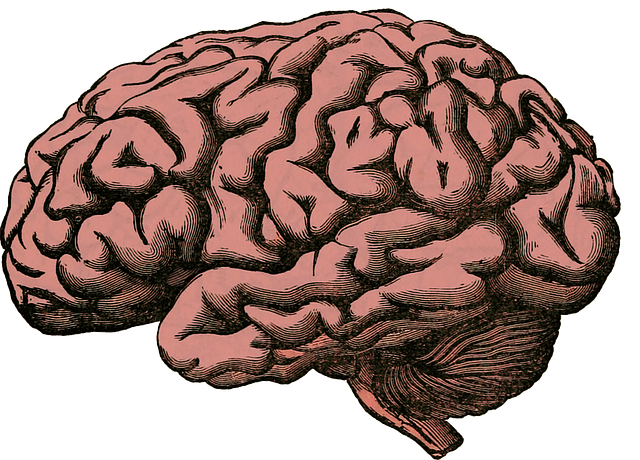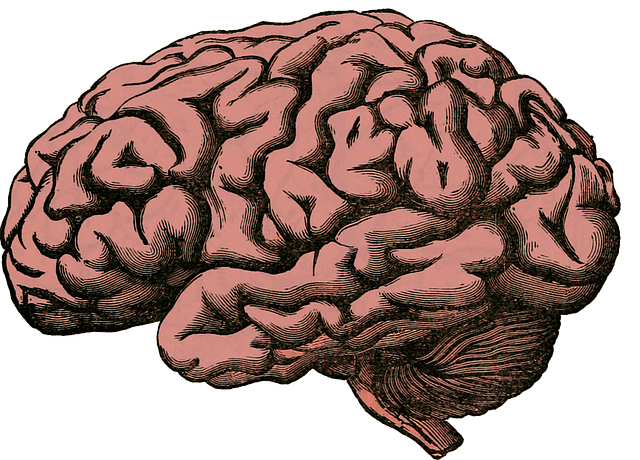TL;DR:
Crisis intervention through tailored therapy is crucial for adults speaking Mandarin Chinese, offering safe spaces with cultural sensitivity to enhance mental wellness and build resilience. Trained therapists incorporate practices like Compassion Cultivation and Confidence Boosting, using clear language, active listening, and non-verbal cues to establish trust. This approach addresses unique communication styles and values within the Chinese community, empowering clients to open up and develop effective coping strategies for both short-term crisis management and long-term mental health.
In times of crisis, effective intervention can make a world of difference. This article provides a comprehensive guide on crisis intervention strategies tailored for Mandarin Chinese speaking adults. We explore key aspects such as understanding crisis intervention, the role of therapy in supporting this demographic, culturally sensitive communication techniques, stabilization tactics, and building resilience. By delving into these areas, we aim to empower professionals and caregivers to offer crucial support during challenging times, emphasizing the importance of therapy for adults speaking Mandarin Chinese.
- Understanding Crisis Intervention: A Brief Overview
- The Role of Therapy in Supporting Mandarin Chinese Speaking Adults
- Effective Communication Strategies for Cultural Sensitivity
- Techniques to Stabilize and Support Individuals in Crisis
- Building Resiliency and Promoting Long-term Healing
Understanding Crisis Intervention: A Brief Overview

Crisis intervention is a critical aspect of mental health support, offering immediate assistance during periods of intense distress or traumatic events. It involves a structured yet flexible approach to help individuals navigate and recover from challenging situations. This process aims to stabilise the person, meet their immediate needs, and guide them towards long-term coping strategies.
For adults speaking Mandarin Chinese, accessing appropriate therapy is essential for effective crisis intervention. Therapists trained in cultural sensitivity can provide a safe and supportive environment, tailored to the individual’s unique background. Incorporating Compassion Cultivation Practices, which foster empathy and understanding, alongside Confidence Boosting techniques, can significantly contribute to improving mental wellness. These strategies enable individuals to develop resilience, cope with stress, and rebuild their sense of security after a crisis.
The Role of Therapy in Supporting Mandarin Chinese Speaking Adults

For Mandarin Chinese speaking adults facing crises, therapy plays a pivotal role in providing safe spaces to process emotions and experiences. Cultural sensitivity is essential; therapists who understand and appreciate the unique values, beliefs, and communication styles within the Chinese community can offer more effective support. This tailored approach helps individuals open up about personal struggles, fostering trust and encouraging vulnerability.
Therapy for adults speaking Mandarin Chinese incorporates various evidence-based practices. Mental wellness journaling exercises, guided by therapists, allow clients to reflect on their feelings and thoughts in a structured manner. Community outreach program implementation has also proven beneficial, connecting individuals to cultural peers and resources that address specific needs. Empathy building strategies are central to cultivating understanding between therapist and client, promoting healing and growth within the context of shared cultural nuances.
Effective Communication Strategies for Cultural Sensitivity

In the context of crisis intervention, particularly with adult clients speaking Mandarin Chinese, effective communication strategies are paramount. Cultural sensitivity requires a deep understanding and respect for different communication styles and values. For example, in Chinese culture, direct eye contact and assertive language may be perceived as aggressive, while subtle body language and indirect expression are often preferred. Therapists should adapt their communication to create a safe and comfortable environment, fostering open dialogue.
By incorporating strategies tailored to cultural sensitivity, therapists can enhance the effectiveness of crisis intervention for Mandarin-speaking adults. This includes using clear, simple language, actively listening without interruption, and demonstrating empathy through non-verbal cues. Additionally, promoting stress management techniques like journaling exercises and mental wellness practices, which have been integrated into public awareness campaigns, can be valuable tools during these interventions.
Techniques to Stabilize and Support Individuals in Crisis

In crisis intervention, stabilizing and supporting individuals is a critical step to help them navigate their immediate distress. One effective technique is active listening, where healthcare providers demonstrate empathy by paraphrasing, summarizing, and validating the individual’s feelings. This process not only helps in calming the person but also shows that they are being understood and heard. Additionally, teaching simple relaxation techniques like deep breathing or mindfulness exercises can aid in emotional regulation, providing individuals with tools to manage future crises autonomously.
Cultural competency training for healthcare providers is essential when working with Mandarin Chinese speaking adults. Understanding cultural nuances in expressing emotions and seeking help is crucial for building trust. For instance, some cultures may prefer indirect communication or view certain emotional displays as taboo. By incorporating Mandarin-speaking therapists or utilizing interpretation services, individuals can feel more comfortable sharing their experiences and thus receive the appropriate support, including depression prevention strategies tailored to their cultural context.
Building Resiliency and Promoting Long-term Healing

Building resiliency is a key aspect of crisis intervention strategies, as it equips individuals with the tools to navigate and overcome challenging situations in the long term. For Mandarin Chinese speaking adults seeking therapy, incorporating cultural elements into treatment plans can be transformative. This involves understanding their unique background, beliefs, and experiences to tailor interventions that resonate deeply. By fostering a sense of safety and trust, therapists enable clients to explore underlying issues, develop coping mechanisms, and cultivate a stronger sense of self-efficacy.
Promoting long-term healing requires a holistic approach that addresses not just the crisis at hand but also the individual’s overall mental wellness. Mental wellness coaching programs development can play a significant role in this process, offering structured support and guidance outside of traditional therapy sessions. Stress management workshops organization within these programs can equip participants with practical tools for coping with stress, anxiety, and other mental health challenges. Through such initiatives, individuals gain resilience not just to survive crises but to thrive and cultivate a sustainable sense of well-being.
Crisis intervention plays a vital role in supporting individuals, especially those from diverse cultural backgrounds like Mandarin Chinese speaking adults. By combining therapeutic practices with culturally sensitive communication strategies, we can effectively stabilize and heal those in crisis. This article has explored key elements of crisis intervention, including the importance of therapy tailored to Mandarin Chinese speakers, effective communication techniques, stabilizing tactics, and promoting long-term resilience. Embracing these strategies enables us to offer comprehensive support and foster positive outcomes for those facing crises.













